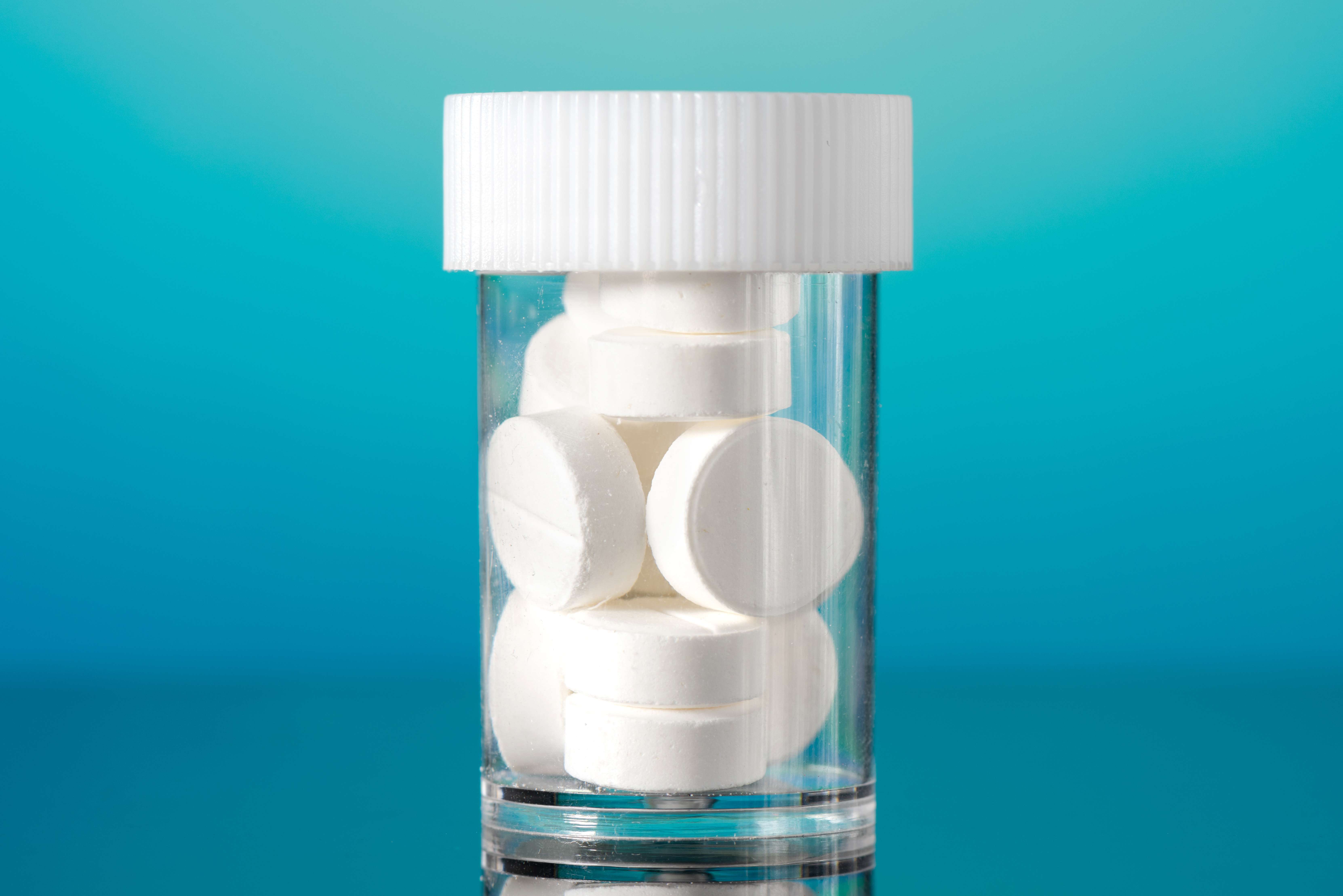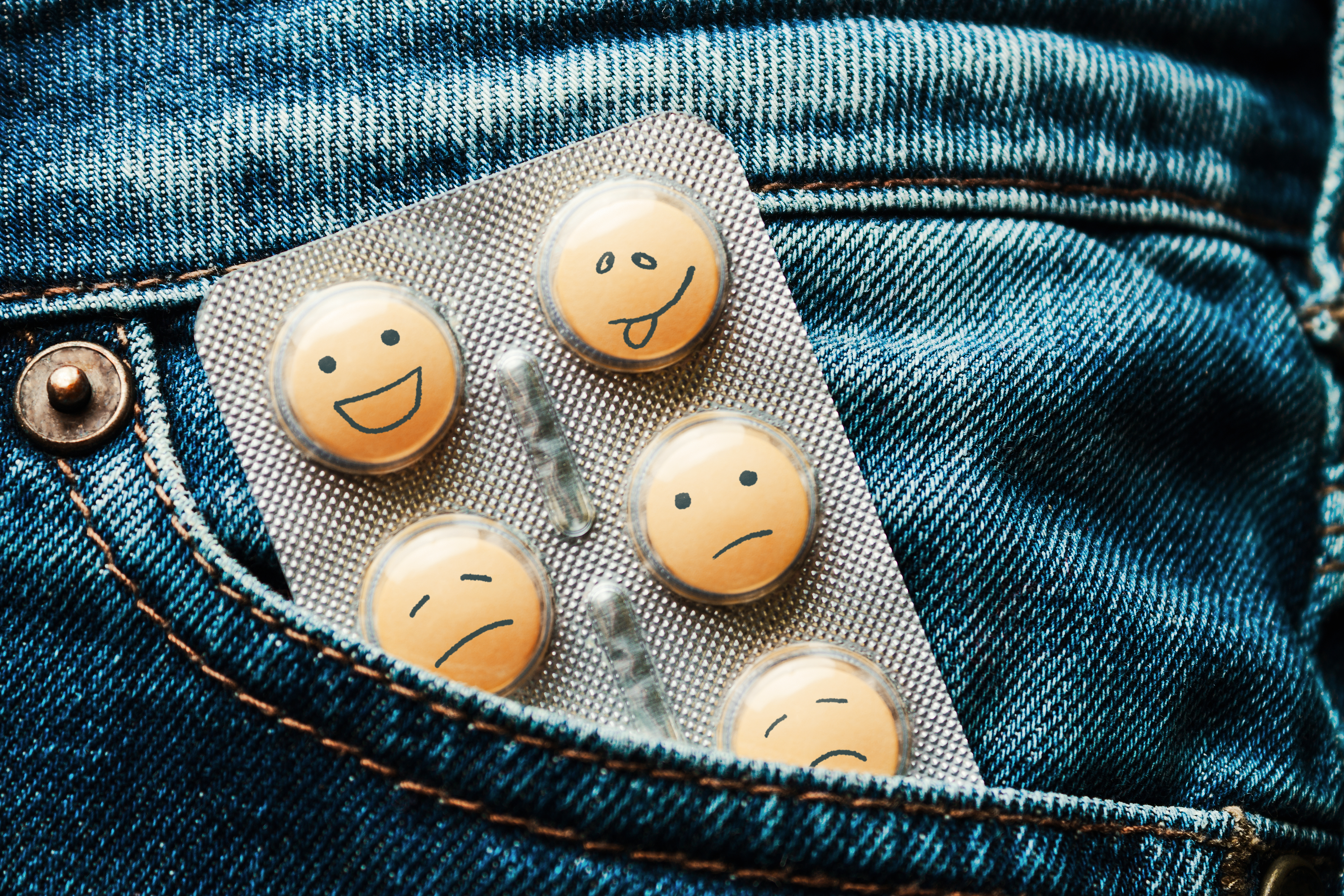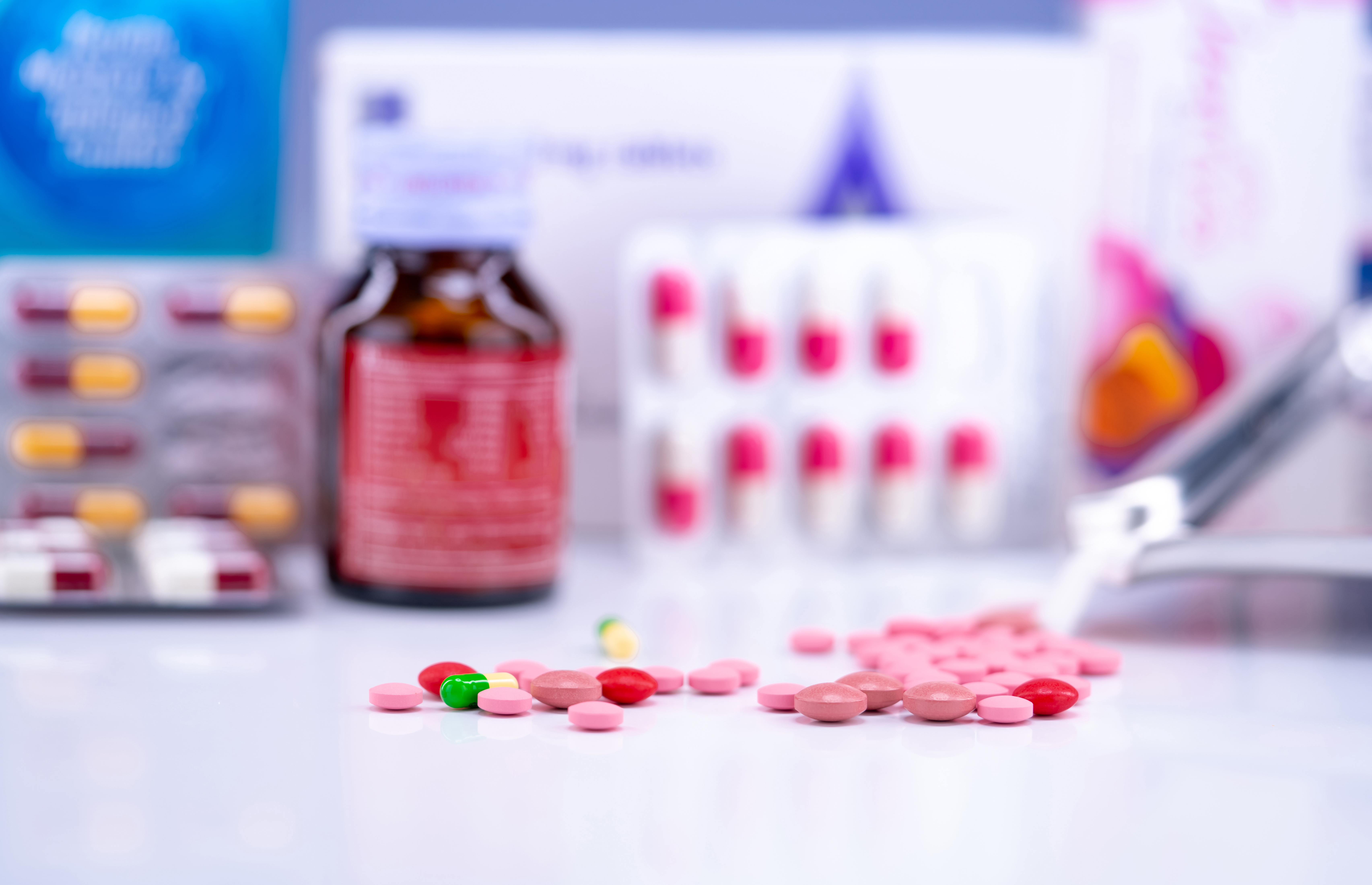14 Common Over-the-Counter Medications Secretly Damaging Your Gut
The gut, often referred to as the body's "second brain," plays a pivotal role in overall health, influencing everything from digestion to mental well-being. However, certain everyday medications, while beneficial for their intended purposes, can quietly undermine gut health. This article delves into the nuanced relationship between common medications and gut health, exploring how these drugs, although helpful, can alter the delicate balance of the gut microbiome. Understanding these interactions is essential for making informed decisions about health management, and this exploration will provide insights into how to mitigate potential adverse effects while reaping the benefits of necessary medications.
1. Antibiotics: The Double-Edged Sword

Antibiotics are among the most commonly prescribed medications, celebrated for their ability to combat bacterial infections effectively. However, their broad-spectrum nature means they do not discriminate between harmful and beneficial bacteria. The gut microbiome, a complex community of microorganisms, can be significantly altered by antibiotics. This disruption can lead to a decrease in microbial diversity, which is crucial for a healthy gut. While antibiotics are lifesaving, their impact on gut health can lead to issues such as antibiotic-associated diarrhea and increased susceptibility to infections like Clostridioides difficile. It's essential to use antibiotics judiciously and consider probiotics or other strategies to support gut health during and after antibiotic therapy.
2. Non-Steroidal Anti-Inflammatory Drugs (NSAIDs): Pain Relief with a Price

NSAIDs, including ibuprofen and aspirin, are staples in pain management, used for everything from headaches to arthritis. However, their frequent use can compromise the gut lining, leading to increased intestinal permeability, often referred to as "leaky gut." This condition allows toxins and bacteria to pass into the bloodstream, potentially triggering inflammatory responses and contributing to various health issues. While NSAIDs provide much-needed relief from pain and inflammation, it's crucial to use them with caution and under medical supervision. Exploring alternative pain management strategies and incorporating gut-supportive nutrients like glutamine can help mitigate their adverse effects on gut health.
3. Proton Pump Inhibitors (PPIs): Acid Suppression and Microbial Imbalance

Proton pump inhibitors are widely used to treat acid-related disorders such as GERD and peptic ulcers by reducing stomach acid production. However, stomach acid plays a vital role in controlling the growth of bacteria in the gut. Prolonged use of PPIs can lead to an overgrowth of bacteria in the small intestine, a condition known as small intestinal bacterial overgrowth (SIBO). This microbial imbalance can cause symptoms like bloating, gas, and diarrhea. While PPIs are effective for managing acid-related conditions, it's important to use them for the shortest duration necessary and explore alternatives like lifestyle modifications and dietary changes to support gut health.
4. Metformin: Balancing Blood Sugar and Bacterial Diversity

Metformin is a cornerstone in the management of type 2 diabetes, helping to control blood sugar levels effectively. However, research indicates that metformin can alter the composition of the gut microbiota, potentially affecting bacterial diversity. Some studies suggest that these changes might even contribute to the drug's glucose-lowering effects. While metformin remains an essential medication for many, understanding its impact on gut health can guide the use of dietary interventions and probiotics to support a balanced microbiome. This highlights the intricate interplay between medication, gut health, and metabolic regulation.
5. Statins: Cholesterol Control with Gut Considerations

Statins are commonly prescribed to lower cholesterol levels and reduce the risk of cardiovascular disease. Interestingly, research suggests that statins may influence the gut microbiome, potentially altering the abundance of certain bacterial species. While the precise implications of these changes are still being studied, it's clear that the gut microbiome plays a role in lipid metabolism and cardiovascular health. For individuals on statin therapy, maintaining a diverse and balanced gut microbiota through diet and lifestyle choices can support both gut health and the medication's efficacy.
6. Antidepressants: Mood Modulation and Microbial Shifts

Antidepressants, including selective serotonin reuptake inhibitors (SSRIs), are vital for managing depression and anxiety. However, they can also influence the gut-brain axis, a bidirectional communication system between the gut and the brain. Some studies have shown that antidepressants can alter the composition of the gut microbiota, potentially affecting gut health and, in turn, mental well-being. This underscores the importance of a holistic approach to mental health management that considers the gut microbiome. Incorporating gut-friendly foods and stress-reduction techniques can enhance the overall effectiveness of antidepressant therapy.
7. Antihistamines: Allergy Relief and Digestive Dynamics

Antihistamines are widely used to alleviate allergy symptoms by blocking histamine receptors. However, histamine also plays a role in gut motility and digestion. Long-term use of antihistamines can potentially affect gut function, leading to issues like constipation or altered bowel movements. While antihistamines provide essential relief for allergy sufferers, it's important to be mindful of their impact on gut health. Staying hydrated, consuming fiber-rich foods, and considering natural antihistamine alternatives can help maintain digestive balance.
8. Oral Contraceptives: Hormonal Harmony and Microbiome Modulation

Oral contraceptives are a popular choice for birth control and hormonal regulation. However, they can also influence the gut microbiome, potentially affecting bacterial diversity and composition. Some research suggests that these changes might be linked to the increased risk of inflammatory bowel diseases in women using oral contraceptives. While these medications play a crucial role in reproductive health, understanding their impact on gut health can guide the use of probiotics and dietary strategies to support a balanced microbiome and overall well-being.
9. Opioids: Pain Management and Gut Mobility

Opioids are powerful pain relievers used for managing severe pain, but they come with a range of side effects, including constipation and altered gut motility. Opioids can slow down the movement of the gut, leading to discomfort and digestive issues. While they are essential for pain management in certain conditions, it's important to address their impact on gut health. Incorporating dietary fiber, staying hydrated, and using stool softeners or laxatives under medical supervision can help manage these side effects and maintain gut function.
10. Antipsychotics: Mental Health and Microbial Balance

Antipsychotic medications are used to treat conditions like schizophrenia and bipolar disorder, but they can also impact the gut microbiome. Some studies suggest that antipsychotics may alter bacterial diversity and composition, potentially affecting metabolic health and weight gain. While these medications are crucial for managing mental health conditions, understanding their impact on gut health can guide the use of dietary interventions and lifestyle modifications to support a balanced microbiome and overall well-being.
11. Immunosuppressants: Balancing Immunity and Gut Integrity

Immunosuppressants are used to prevent organ rejection in transplant patients and to manage autoimmune diseases. However, they can also affect the gut microbiome and increase the risk of infections. Maintaining a healthy gut is essential for individuals on immunosuppressant therapy, as a balanced microbiome supports immune function and reduces the risk of complications. Incorporating probiotics, prebiotics, and a nutrient-rich diet can help support gut health and enhance the effectiveness of immunosuppressant therapy.
12. Laxatives: Bowel Relief and Microbial Impact

Laxatives are commonly used to relieve constipation, but their frequent use can disrupt the natural balance of the gut microbiome. Overuse of laxatives can lead to dependency and alter gut motility, potentially affecting the diversity and composition of gut bacteria. While laxatives provide essential relief for individuals with constipation, it's important to use them judiciously and explore alternative strategies like dietary fiber, hydration, and physical activity to support regular bowel movements and gut health.
13. Antifungals: Fungal Control and Microbiome Dynamics

Antifungal medications are used to treat fungal infections, but they can also impact the gut microbiome. Some antifungals may alter the balance of gut bacteria, potentially affecting microbial diversity. While these medications are crucial for managing fungal infections, understanding their impact on gut health can guide the use of probiotics and dietary strategies to support a balanced microbiome and overall well-being. Incorporating fermented foods and maintaining a healthy diet can help support gut health during antifungal therapy.
14. Antivirals: Viral Suppression and Gut Considerations

Antiviral medications are used to treat viral infections, but they can also influence the gut microbiome. Some studies suggest that antiviral drugs may alter bacterial diversity and composition, potentially affecting gut health. While these medications are essential for managing viral infections, understanding their impact on gut health can guide the use of probiotics and dietary strategies to support a balanced microbiome and overall well-being. Incorporating immune-supportive nutrients and maintaining a healthy diet can help support gut health during antiviral therapy.
Navigating Medication and Gut Health

The relationship between medications and gut health is complex and multifaceted. While medications play a crucial role in managing health conditions, their impact on the gut microbiome cannot be overlooked. Understanding these interactions is essential for making informed decisions about health management. By incorporating dietary interventions, probiotics, and lifestyle modifications, individuals can support a balanced gut microbiome and enhance the overall effectiveness of medication therapy. As research continues to unravel the intricate connections between medications and gut health, it is crucial to approach health management holistically, considering both the benefits and potential side effects of medications on gut health.